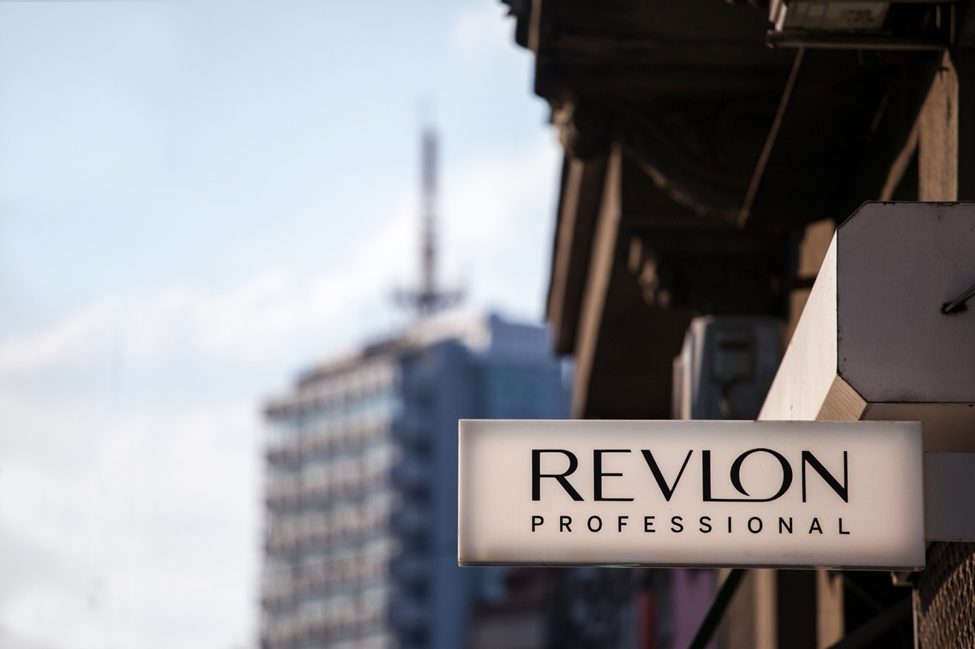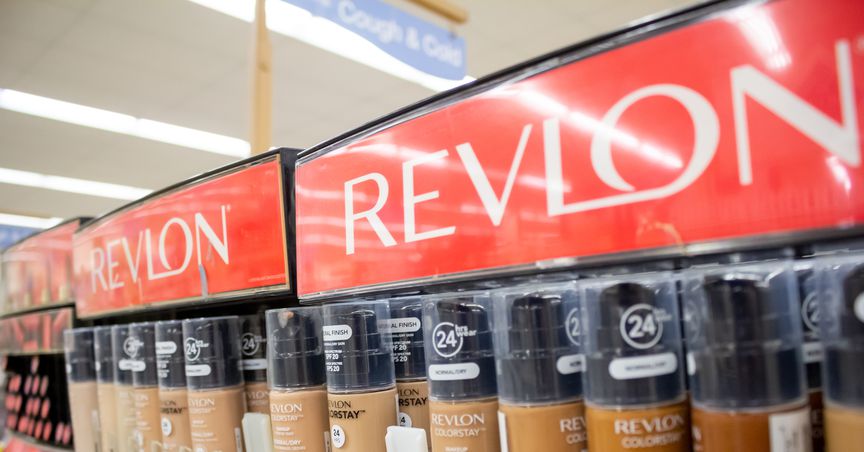Highlights:
- US cosmetics giant Revlon Inc. (NYSE:REV) files for bankruptcy.
- Revlon failed to withstand competition from celebrity-backed cosmetic startups.
- Founded in the early 20th century, Revlon is considered a doyen in the cosmetics industry.
US cosmetics company Revlon Inc. (NYSE:REV) has filed for bankruptcy after debts kept piling up due to its efforts to take on the rising online-focused upstarts.
Revlon has been in the reckoning of cosmetic items like nail polishes and lipsticks for the last 90 years. Founded on March 1, 1932, Revlon has its headquarters in New York City.
The company, in a court filing on Wednesday, listed assets and liabilities amounting to between US$1 billion and US$10 billion.
Founded by brothers Charles and Joseph Revson and Charles Lachman, Revlon couldn’t match the fierce competition in sales and shelf space from startups backed by celebrities like Rihanna’s Fenty Beauty and Kylie Jenner's Kylie Cosmetics.
Another issue that crippled the cosmetic giant was supply chain disruption that exacerbated during the pandemic. Shortages in product supply also pushed the company to go belly up, which is now difficult to get resolved in the short term.
Also Read: EV maker Electric Last Mile Solutions files for bankruptcy
 © Chatdesbalkans | Megapixl.com
© Chatdesbalkans | Megapixl.com
Also Read: Coronavirus effect: Virgin Atlantic’s bankruptcy increases spotlight on airline stocks
Debts mounted for Revlon
As of March 31, Revlon was bogged down by long-term debt of US$3.31 billion. The company on Thursday revealed that it is expecting to receive US$575 million in debtor-in-possession financing from its existing lenders after getting the court approval.
Sales of the company also began to fall gradually over the years. In 2021, sales of Revlon plunged 22% from their 2017 levels. Revlon also came into the limelight two years ago when Citigroup Inc inadvertently transferred US900 million of its own money to Revlon’s lenders.
In 2016, Revlon bought Elizabeth Arden in a US$870 million skincare bet to deal with competition.
Revlon was bought by MacAndrews & Forbes in 1985 and went public 11 years later.
The company stated that barring Canada and the UK, none of its international units are included in the Chapter 11 bankruptcy proceedings.
Bottom line:
A firm (or an individual) files for bankruptcy when it has not been able to pay its debts. The process starts with a petition filed by the debtor. The assets of the debtor are then analyzed to repay the debt.





